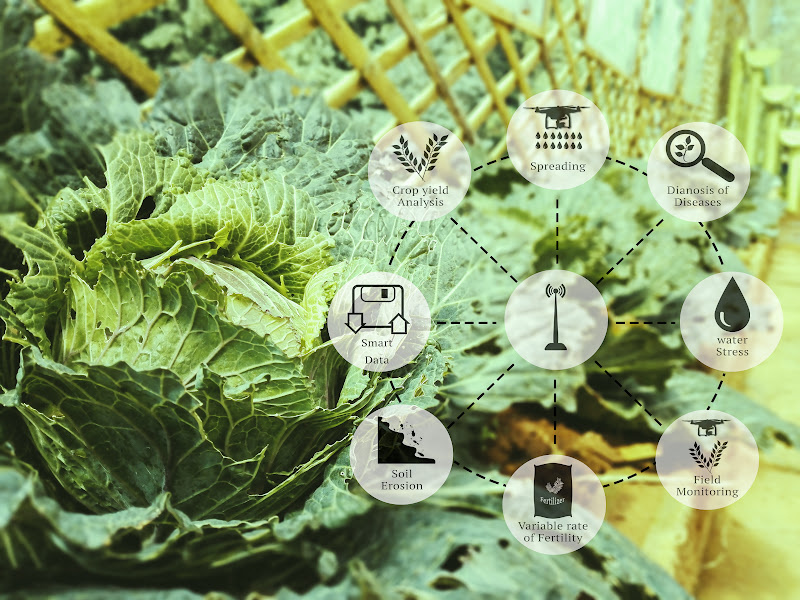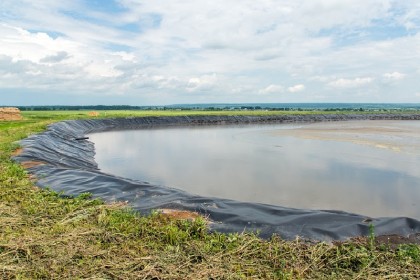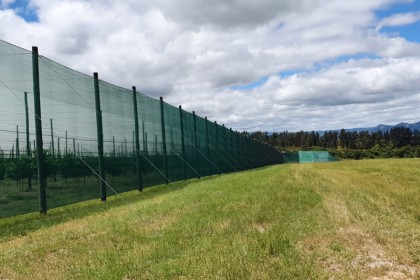
Precision Farming: Revolutionizing Agriculture With Data And Technology
Precision farming, also known as precision agriculture or smart farming, is a modern approach to agricultural management that leverages data, technology, and spatial analysis to optimize various aspects of farming. This innovative approach has the potential to transform agriculture by making it more efficient, sustainable, and productive.
The Principles of Precision Farming
Precision farming is built on several key principles:
- Data Collection: Farmers collect a wide range of data, including information on soil conditions, weather patterns, crop health, and more. This data is gathered through various technologies such as sensors, satellites, drones, and remote sensing.
- Data Analysis: The collected data is analyzed to gain insights into the farm's specific conditions. This analysis helps farmers make informed decisions about planting, irrigation, fertilization, and pest control.
- Precision Application: Armed with data-driven insights, farmers can precisely apply resources like water, fertilizers, and pesticides only where and when they are needed. This reduces waste and environmental impact.
- Automation: Automation plays a significant role in precision farming. Autonomous vehicles and machinery can plant, cultivate, and harvest crops with a high level of accuracy, reducing labor costs and human error.
Benefits of Precision Farming
Precision farming offers numerous benefits:
- Increased Productivity: By optimizing resource use and reducing waste, precision farming can lead to increased crop yields and better quality produce.
- Resource Efficiency: Precision farming helps reduce resource wastage, such as water, fertilizers, and pesticides, contributing to more sustainable agriculture.
- Cost Savings: Efficient resource use, reduced labor costs, and improved decision-making can result in significant cost savings for farmers.
- Environmental Sustainability: Precision farming practices can minimize the negative environmental impact of agriculture, including soil erosion, water pollution, and greenhouse gas emissions.
- Data-Driven Decision-Making: Farmers can make more informed decisions based on real-time data and historical information, increasing the chances of success.
- Customization: Every part of the farm can be customized to match specific crop and soil conditions, leading to better results.
Challenges and Considerations
While precision farming has the potential to revolutionize agriculture, it also presents challenges:
- Cost: The initial investment in technology and data infrastructure can be significant, and it may take time for farmers to realize a return on investment.
- Data Security: Protecting sensitive farm data from cyber threats is a growing concern.
- Skill and Training: Farmers and agricultural professionals need training to make the most of precision farming technologies.
- Data Integration: Integrating data from various sources and making sense of it can be complex.
The Future of Agriculture
Precision farming is poised to be a game-changer in the agriculture industry. As technology continues to advance and become more accessible, more farmers around the world are adopting precision farming techniques. This shift toward data-driven, efficient, and sustainable agriculture has the potential to not only increase food production but also reduce the environmental impact of farming, contributing to a more sustainable and food-secure future.












